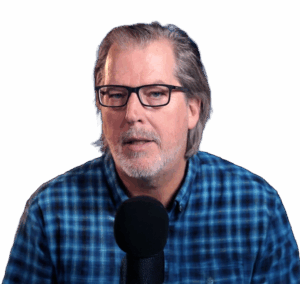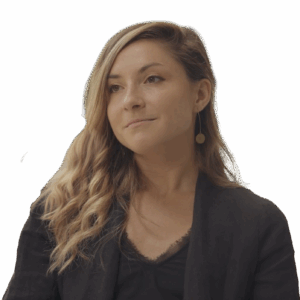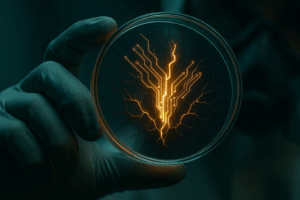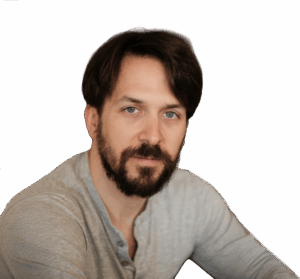
Ep 145 | Kari Stoever
Kari Stoever: “Planetary Health Check: The State of Earth’s Critical Systems”
Show Summary
There has been much discussion lately of Planetary Boundaries – the 9 biophysical systems and processes that regulate the functioning of life support systems on Earth, and ultimately the stability and resilience of the Earth system as a whole. But how close are we, today, to pushing these systems past their ability to function and recover?
In this special release episode, Nate is joined by Kari Stoever, Chief of Strategic Partnerships & Policy at the Planetary Boundary Initiative, to explore the answer to this difficult but vital question. They delve into the Planetary Health Check, an annual analysis of Earth’s nine Planetary Boundaries, exploring the science behind the metrics as well as aspirations for the project’s future in guiding us back toward a safe operating space for Earth.
How could a real-time assessment of the health of our planetary home help us prioritize taking care of it? What are we able to measure, and what do we still need to learn to best inform our policies and actions for the future? What would it take for each of us to act as Planetary Guardians to safeguard our planetary home before it’s too late?
About Kari Stoever
Kari Stoever is a seasoned social entrepreneur and strategist with extensive experience in global health, development, international relations, and planetary health. She has led pivotal global initiatives, including contributions to four U.S. Presidential programs. Her work focuses on strategy, policy advocacy, resource mobilization, and systems change, with a passion for building partnerships that drive global improvements for the common good.
Currently, Kari collaborates with Johan Rockström and the Planetary Guardians on the Planetary Health Check (PHC), an innovative system that uses satellite data and AI to monitor Earth’s health. As a doctorate student at Georgetown University, she is focused on studying interconnectedness and systems change in the context of the polycrisis—the systemic interrelationships among global challenges—drawing from Ubuntu philosophy, deep ecology, and evolutionary consciousness.
In French, we have a motto that says that a simple drawing is often better than a long explanation. Jean-Marc Jancovici Carbone 4 President
That’s very understandable because with left atmosphere thinking, one of the problems is that you see everything as a series of problems that must have solutions. Iain McGilchrist Neuroscientist and Philosopher
We can’t have hundreds and hundreds of real relationships that are healthy because that requires time and effort and full attention and awareness of being in real relationship and conversation with the other human. Nate Hagens Director of ISEOF
This is the crux of the whole problem. Individual parts of nature are more valuable than the biocomplexity of nature. Thomas Crowther Founder Restor
Show Notes & Links to Learn More
Download transcript00:00 – Kari Stoever info
00:46 – Planetary Health Check
00:51 – Johan Rockström + TGS Episode
00:54 – Planetary Guardians
02:28 – Planetary Boundaries
03:15 – IPCC Reports
03:28 – Graphic from Planetary Health Check Report Page 5
03:42 – Six of the nine planetary boundaries have been breached
03:48 – Graphic from Planetary Health Check Report Page 56
04:01 – Graphic from Planetary Health Check Report Page 14
04:08 – Graphic from Planetary Health Check Report Page 62
06:47 – Impacts of cobalt mining in DRC: The Guardian + Earth.Org + Mining.com
09:29 – Graphic from Planetary Health Check Report Page 12
10:54 – Nationally Determined Contributions (NDCs), graphic from Global Common Report Page 6
13:11 – Joseph Nye, The Future of Power
14:24 – Jane Goodall
14:45 – Frankly discussing Nate’s experiences at Climate Week
17:23 – Roots & Shoots groups + ‘do three things’ model
19:52 – Choosing love







